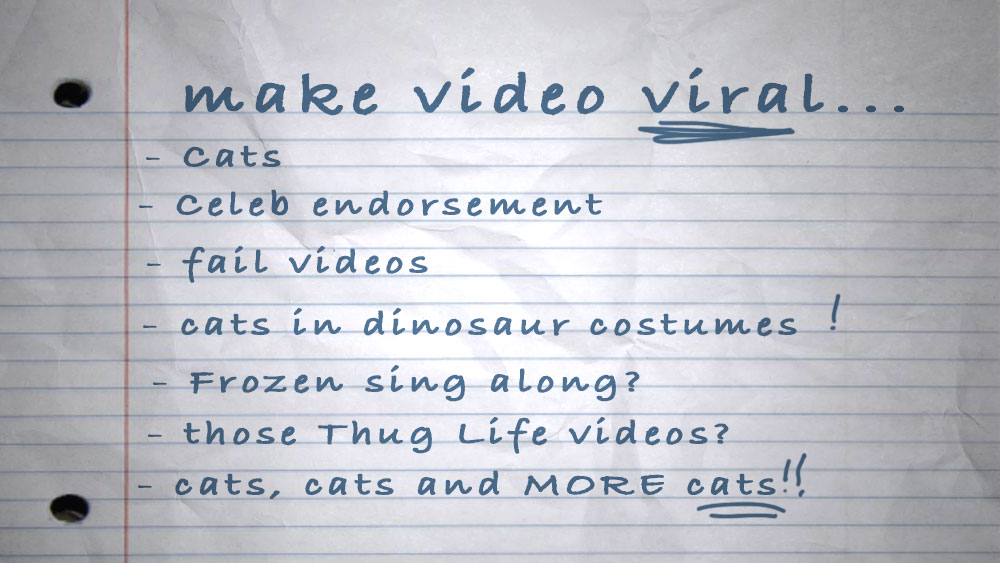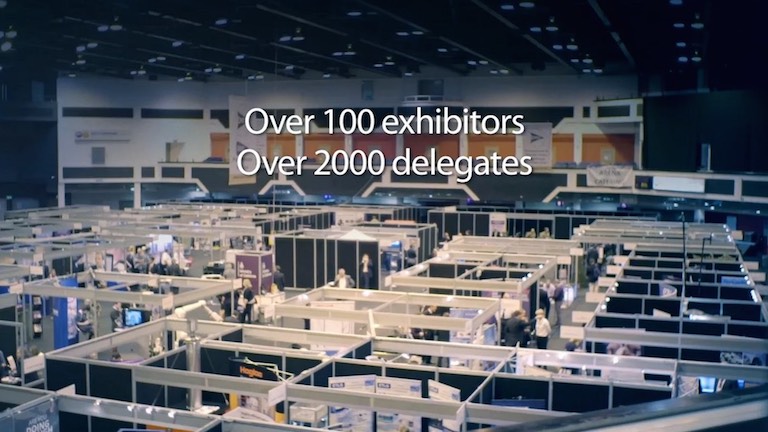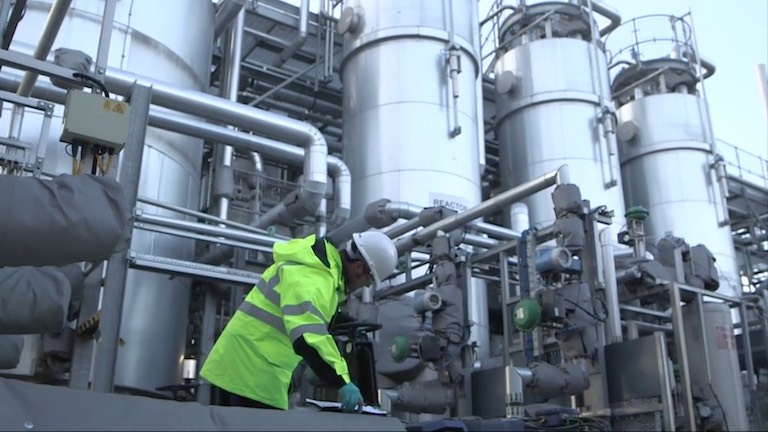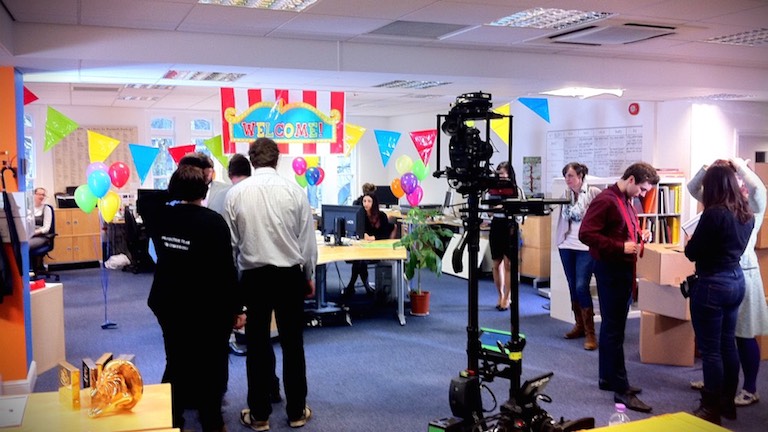
Creating a viral video has become the holy grail of online video. Understandably the worlds biggest companies spend millions trying to create the next viral video sensation.
Most people will say there is no way to guarantee getting a video to go viral. There is certainly a set of rules but nothing will give you definite results. In most cases there will be a team of great creative minds able to create something unique, a large budget, access to the top social media trendsetters and all the data to get the video in front of their correct audience.






